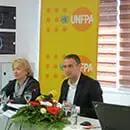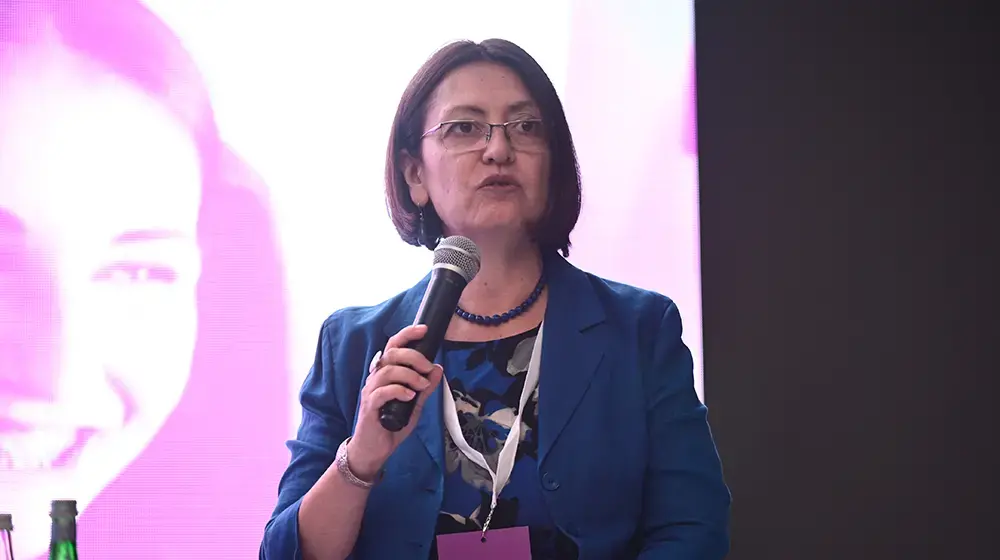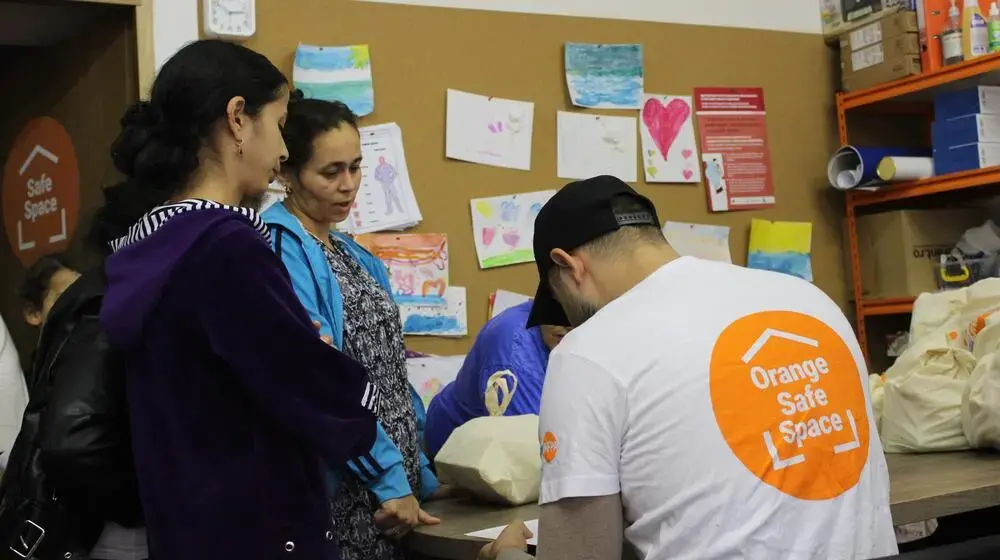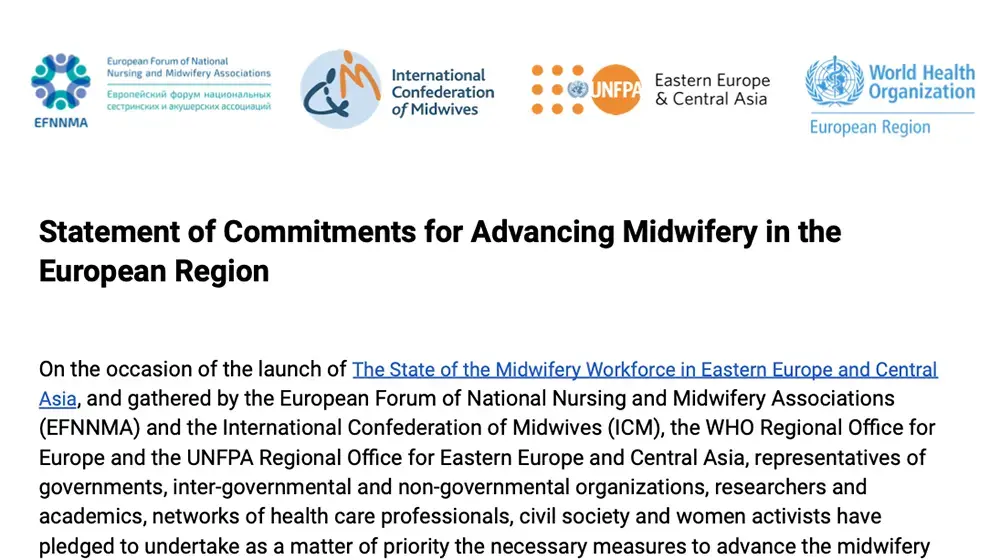This four-day Inter-Country Workshop for South-Eastern Europe, ‘Expanding Beyond the Numbers: Maternal Mortality and Morbidity Case Reviews’, was organised by UNFPA’s Eastern Europe and Central Asia Regional Office and UNFPA’s Country Offices in the Western Balkans, in collaboration with World Health Organization/Europe and the Regional Development Centre on Public Health Services in the Former Yugoslav Republic of Macedonia. The goal of the workshop was to introduce the Beyond the Numbers (BTN) tools and methodology to countries in the South-Eastern European region.
‘Beyond the Numbers’ is a tool adopted by the World Health Organization (WHO) as part of its Making Pregnancy Safer campaign; it is supported by UNFPA, WHO, and UNICEF in a number of countries in Eastern Europe and Central Asia, where it is used to guide professionals in reviewing maternal deaths and complications and in creating a surveillance system for such incidents. The package and its tools are designed to provide valuable recommendations for systemic improvements that strengthen maternal care.
This workshop introduced the concepts of BTN, and helped participants understand the methodologies and principles of confidential national enquiry into maternal deaths (CEMD) and facility-based near-miss case reviews (NMCR), taking into consideration the need for a comprehensive focus on analyses and prevention of maternal mortality and morbidity.
The workshop was attended by health professionals, Ministry of Health representatives, healthcare planners and managers, and UNFPA programme staff from eight countries (Albania, Armenia, Azerbaijan, Bosnia and Herzegovina, Georgia, Kosovo, the FYR of Macedonia, and Serbia). As a result of the event, eight countries in the Western Balkans and South Caucasus agreed to roll out selected BTN approaches for continuous and comprehensive improvement of mother and child health services and their respective health outcomes.
UNFPA’s Eastern Europe and Central Asia Regional Office will continue its support for the initiative in accordance with the country-mapping exercise results and the concept developed by the Regional Office at the beginning of 2014. This initiative will be linked with the Regional Office’s initiative on methodologies of clinical-guidelines development in order to ensure that the outcomes of the CEMD and NMCR are directly linked with and contribute to improved standards of care in Eastern European and Central Asian countries.





